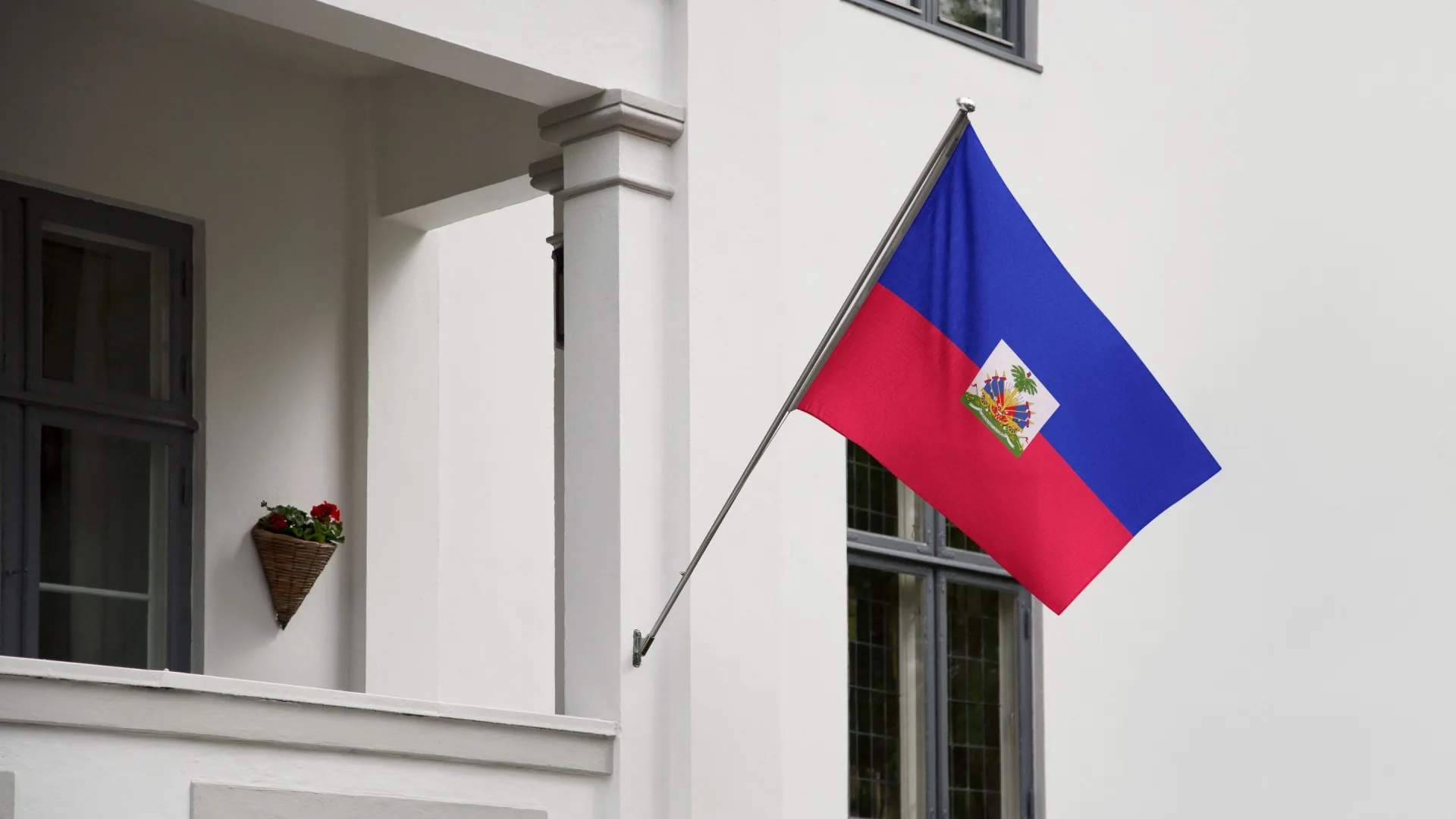The same day Geslain Luma, a 29-year-old Haitian immigrant, learned he was granted temporary protected status to remain in the United States was the same day President Donald Trump announced plans to cut the program short.

Figuring out his future with “the end of TPS gives me a headache,” Luma said.
For more than 15 years, TPS has allowed thousands of Haitians to work legally in the U.S. and avoid deportation while their homeland grapples with political instability, gang violence and economic hardship.
Since the assassination of President Jovenel Moïse in 2021, armed gangs have gained control over much of Port-au-Prince, creating a power vacuum that has made governing a challenge and fueled further violence, homelessness and starvation. More than 5,600 people were killed and 1,400 were kidnapped amid gang conflicts last year, according to the United Nations. The violence has rendered 1 million people homeless in Haiti, forcing many into makeshift shelters and exacerbating the country’s economic challenges.
But with the Trump administration’s decision to end TPS by August 2025, an estimated 500,000 Haitian immigrants living in the U.S. face an uncertain future, forced to decide whether to stay and fight for legal status or prepare for a return to a country in crisis.
Neither the White House nor the Department of Homeland Security responded to a request for comment.
In and around New York City, where at least 160,000 Haitian people live, Brooklyn’s Haitian community has formed deep roots while also sharing fears of deportation. Evangelical Crusade Christian Church in the Flatbush neighborhood has served as a sanctuary for Haitian immigrants for at least five decades, providing a range of services, including food pantries, wellness events and legal assistance.
Follow us on our social @empfricfmradio for more updates.


35 Comments